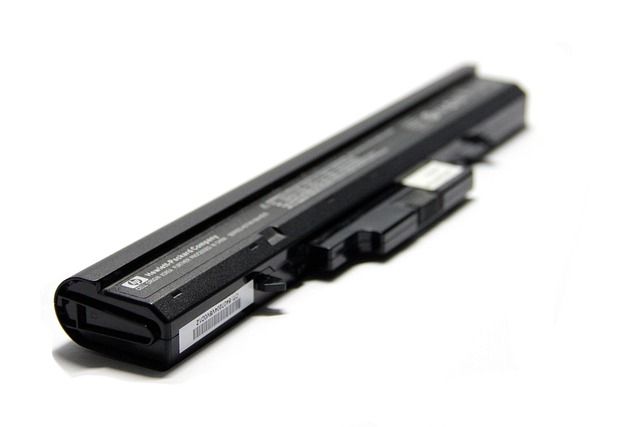Laptop battery failure can range from minor problems to more serious hardware failures. Some of the most common causes include:
1. Faulty power adapter or cord - The power adapter and/or cord may be damaged due to constant wear and tear and may not be able to send adequate power to the laptop.
2. Faulty battery - over time, batteries can lose their capacity and may no longer be able to store enough energy to keep your laptop running.
3. Loose connectors - If the power connector is not properly seated in its port, insufficient power may be sent to the laptop.
4. Damaged drivers - Outdated, missing or damaged drivers can prevent your computer from properly detecting and charging the battery.
5. Software glitches - Malware, viruses or other software problems can cause serious problems with how the computer can detect and charge the battery.
If you suspect that one of the above problems is causing your laptop's battery not to charge, it is important to take immediate remedial action. To correct a faulty power adapter or cable, you should replace it with a new one from a reputable dealer. If replacing the power adapter and/or cable does not resolve the problem, you may need to have your laptop battery serviced or replaced. In addition, make sure that all connections are secure and check for software problems that may prevent the computer from charging the battery normally. If you are unable to solve the problem yourself, it is recommended that you seek professional help from a certified technician. Proper maintenance of your laptop's hardware and software will help prevent such problems. By taking care of your hardware and protecting your laptop from external threats, you can ensure that you will be able to get the most out of your laptop for years to come.
Vilnius, Kaunas, Klaipėda > Articles at > Computer repair, computers, news, tips > Laptop battery not recharging








